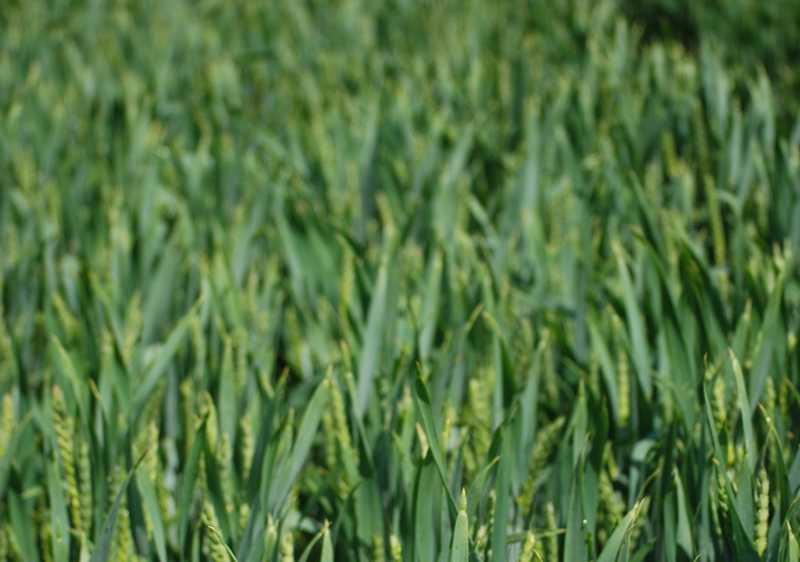
There is still a good opportunity for growers looking to drill wheat in the later drilling slot after sugar beet or potatoes, particularly in light of the current mild conditions, however it is important to select the right variety for this slot, says Ron Granger, arable technical manager for Limagrain UK.
“As breeders we have various seed growers who drill their wheats after sugar beet or potatoes, and over the last two seasons we have seen some very good results from wheats drilled in this later slot, particularly from the new varieties group 4 Evolution and group 3 Zulu.”
“Both Evolution and Zulu are recommended for the mid-late drilling slot with a latest safe sowing date of mid-February, and our own Limagrain and official data to date would suggest that these two varieties fit the later drilling opportunity very well.”
“It is important to recognise specific characteristics of wheats suited to this later dilled slot– they need to be strong tillering, with a fast ear development and growth habit in the spring,” adds Mr Granger.
“Later drilled crops are often behind the early sowings in maturity, but by choosing varieties that tiller well and have a good spring growth habit, by harvest this maturity gap closes.”
“Soils are still warm and conditions mild, so establishment at the moment should be good which is important. However seed rates need to be adjusted accordingly depending on seed bed conditions, date of drilling and weather conditions at the time – and often this requires rates to be raised slightly- but growers will know what works for individual fields.”
Later drilled varieties often have the advantage of requiring lower inputs, and may not for example, require an earlier autumn herbicide . Varieties such as Evolution and Zulu have robust disease resistance that help to combat and withstand early spring disease challenges points out Mr Granger.
2014 yield results
Both Evolution and Zulu have proven themselves to be high yielding varieties that can perform consistently across seasons, regions and rotations and certainly the season of 2014 has shown the value of varieties with strong disease resistance.
The HGCA RL mean yield results for 2010-2014 demonstrate this consistency of performance with Evolution yielding 106%, 1% over KWS Santiago and 4% above JB Diego.
Zulu has performed equally as well for a soft Group 3, with the HGCA RL yield data showing Zulu yielding at 102% in 2014 and with a four year mean also of 102%. “This also shows Zulu to be a very reliable, consistent performer, a valuable attribute considering the very erratic seasonal differences we have endured.”
